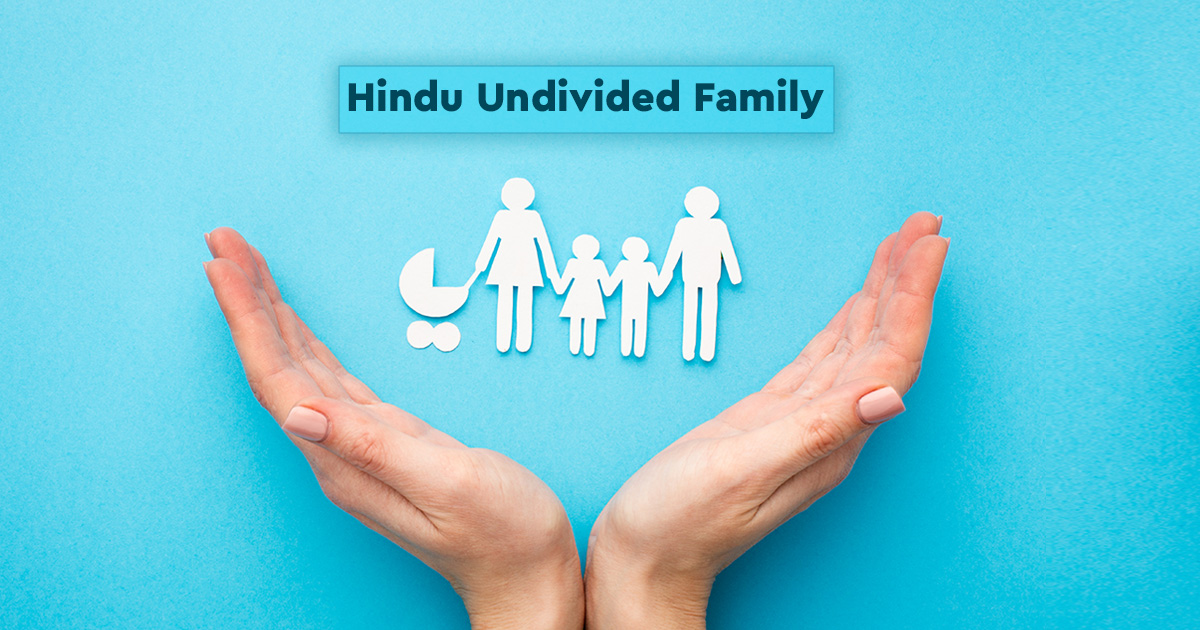
A HUF is a joint family’s business which is recognized under Income Tax Act. It is created by members of a family who are lineal descendants from a common ancestor, and it is governed by the Hindu law. The HUF offers unique benefits in Indian taxation and asset management, and it is a separate legal entity from individual family members.
The head of the family, called the Karta, He or she manages the HUF’s assets and affairs. As mentioned above HUFs are recognized as separate legal entities for taxation purposes, allowing them to hold assets, earn income, and file separate tax returns, thus providing tax-saving opportunities.
Who Can be Members of HUF?
An HUF can be formed by a family with a minimum of two members. The following are the members of a HUF
- Karta: The karta is the head of the HUF.
- Coparceners: All the male and female (including daughters) lineal descendants of a common ancestor. The daughters are also coparceners by birth and have equal rights.
- Other Members: Wives of coparceners become members of HUF after marriage but are not coparceners themselves.
It is important to understand that only coparceners have the legal right to demand partition of the HUF property, while the other members have maintenance rights. All coparceners are liable only for their respective shares in the HUF, whereas the Karta has unlimited liability for all dues of the HUF, including tax liabilities.
Separate PAN & Basic Exemption Limit

HUF is treated as a separate legal entity. Just like an individual, a HUF gets basic exemption limits, helping split income and reduce tax liability.
Steps to create HUF
Forming a Hindu Undivided Family (HUF) is simple and involves steps like
- Creating a HUF deed,
First of all, HUF deed is created along with estamp/ revenue stamp.
- Applying for a HUF PAN card
Along with HUF deed its PAN card is applied at Income tax department related NSDL centers in prescribed form and generally rubber stamp and signature of Karta is attached on it.
- Opening a bank account, and
After receiving PAN card, bank account needs to be opened. Necessary documents like HUF deed, rubber stamp and pan card and in a few banks other required documents are also produced.
- Starting the operations of the HUF.
After opening HUF’s Bank account, its operation can be started.
- Income Tax Return (ITR)
If the income of HUF is in taxable slab then its ITR must be filed.
HUF Tax Benefits
HUFs enjoy several tax benefits under the Income Tax Act. The income tax slabs for HUFs are the same as those for individuals, with a basic exemption limit of Rs. 2.5 lakh under the old regime and Rs. 4 lakh under the new regime for FY 2025-26. HUFs can claim deductions under Section 80C for investments like PPF and ELSS, Section 80D for health insurance premiums, and Section 80G for donations. They are also eligible for deductions on home loan interest repayments and can claim capital gains exemptions under Sections 54, 54F, and 54EC when reinvesting proceeds as per law.
